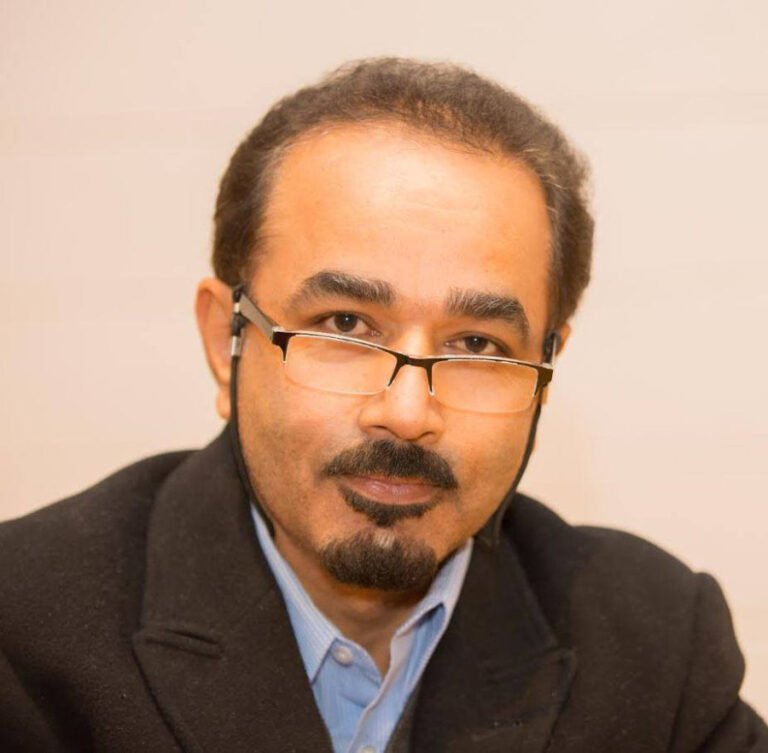Shiva Prakash is the author of two books of fiction: Jaimali and Ghagi. The latter, a collection of 22 short stories, hit the stores last week. Prakash, who resides in Boston, weaves his stories out of the hopes, aspirations and the conundrums of the Nepali diaspora. Narendra Raule caught up with the author to talk about his reading habits. Excerpts:
What are you currently reading? What is it about?
I am reading The Truth about Hilary, a book about Hilary Clinton, penned by Edward Klein. The book concerns Clinton’s behaviour and personality, and especially, exposes her shortcomings as a politician. Bijay Kumar’s Khusi is another book that I am currently reading, rereading actually. Also, I have just started reading this non-fiction book named Freedom at Midnight, by Larry Collins and Dominique Lapierre. The book details the struggle India went through for its independence.
How did you get into reading?
During my college days, I used to read literary journals such as Garima and Madhupark. Then, I came across stories by BP Koirala, who is one of my early influences. I have read almost all his writings. During the time, I also read Suryabikram Gyawali and Guru Prasad Mainali.
Which was the last book you read? How did you like it?
Ramesh Koirala’s Kopila Aashram. I received the book as a gift from a friend. Though it has been categorised as a novel, I felt it was no different than a collection of stories. The novel, based on reality, is set on an orphanage and captures the good and bad that happens inside orphan homes.
Who are your favourite writers? Why?
BP Koirala, Parijat, Bhupi Sherchan are some Nepali writers that I admire and look up to. As for American writers, I like Eugene O’Neill, Ernest Hemingway, and Doris Lessing, to name a few. I like reading works by young Nepali writers. One book that I found quite important was Prayogshala by Sudheer Sharma.
What is your favourite genre?
I love short stories the most; maybe because I like writing them myself. Then, I love novels. But I read nonfiction more than fiction. I believe that absolute reality should be reflected in writings.
How do you select books to read?
Usually, I browse through book discussion platforms online like Goodreads. I read reviews and pick the one that piques my interest. I also order new releases from Nepal.
What is good writing to you? What do you think makes a good writer?
Personally, I focus more on what I am writing than how good I am writing. If I am successful at expressing the right idea, I consider it good. Hard work, of course, is one inevitable quality a writer should have.
How have books influenced your life?
Books transpire knowledge, but they will hardly make you wise. I think books help us grow on a personal level, passing us the feeling of empathy towards fellow human beings.
What is you take on e-books?
I read through e-reader mostly. It’s very easy and convenient.
Suggest us some must read books.
I think Khusi is one book that I think every Nepali shall read; it is an enlightening read. I also think religious books should be read once in a while, not for any religious sentiments, but to learn ways to improve ourselves.
What would you like to suggest to young readers?
I think reading is rewarding in every way; no matter what you read: a newspaper, a piece of fiction or an essay on world affairs. You will always gain from reading.
